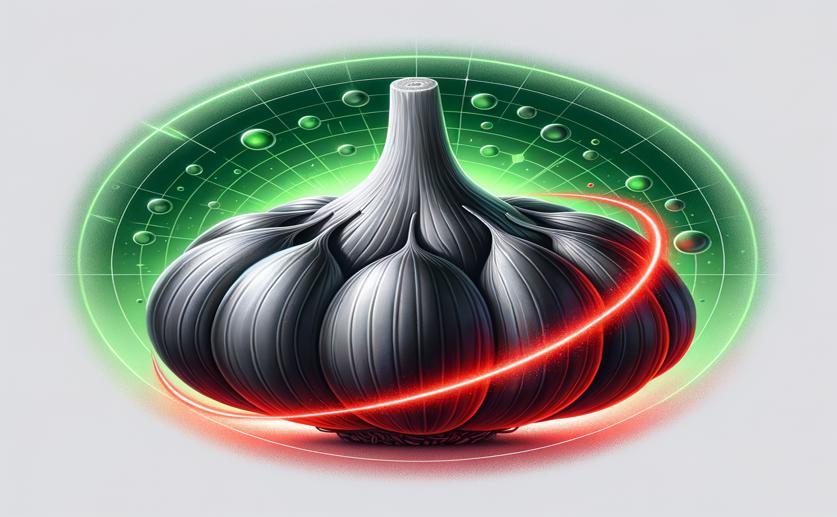
Black Garlic Extract Reduces Inflammation and Pain in Ulcerative Colitis
Greg Howard
27th June, 2024

Image Source: Natural Science News, 2024
Key Findings
- Researchers from "G. d'Annunzio" University, Chieti, Italy, found that aged black garlic extract (ABGE) significantly reduces colon inflammation in experimental models
- ABGE suppressed the gene expression of key inflammatory markers, including IL-1β, IL-6, NF-kB, and TNF-α, in rat colon specimens
- ABGE also dose-dependently alleviated visceral pain in rats with induced colitis, reducing both behavioral pain responses and abdominal contractions
References
Main Study
1) Anti-inflammatory and anti-hyperalgesic effects induced by an aqueous aged black garlic extract in rodent models of ulcerative colitis and colitis-associated visceral pain.
Published 24th June, 2024
https://doi.org/10.1002/ptr.8270
Related Studies
2) Different profile of peripheral antioxidant enzymes and lipid peroxidation in active and non-active inflammatory bowel disease patients.
3) Potential Health Benefit of Garlic Based on Human Intervention Studies: A Brief Overview.
4) Chronic abdominal pain in inflammatory bowel disease: a practical guide.



 23rd June, 2024 | Greg Howard
23rd June, 2024 | Greg Howard